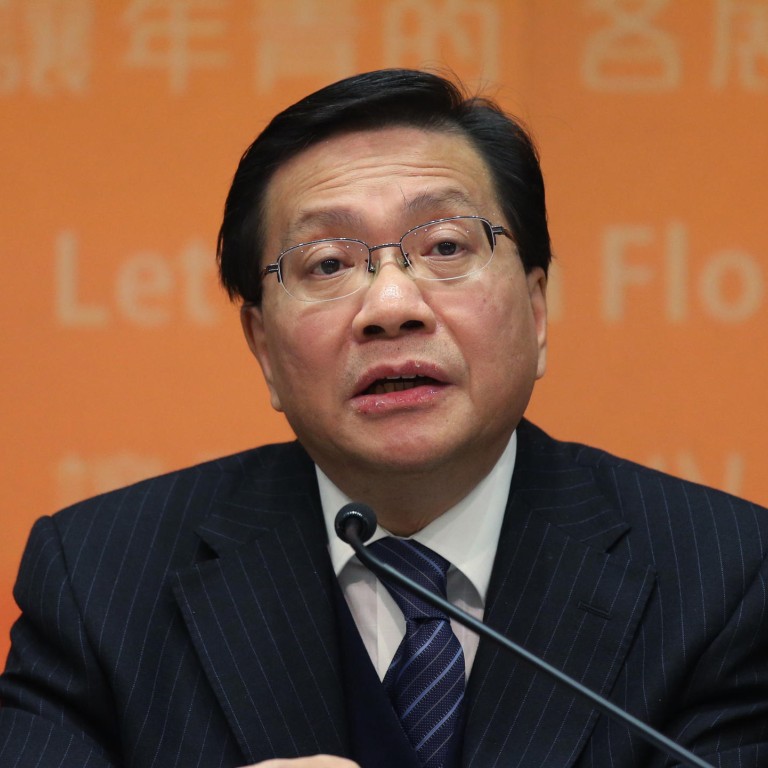
Government to keep its control over stamp duty
The government says it intends to keep a system that allows it to make changes to the homebuyers' stamp duty without the scrutiny of lawmakers, despite calls to rein in its power.
The government says it intends to keep a system that allows it to make changes to the homebuyers' stamp duty without the scrutiny of lawmakers, despite calls to rein in its power.
A 15 per cent stamp duty was introduced in 2012 on home purchases by corporations or by individuals who are not permanent residents, in a bid to cool the property market.
In a letter to the yesterday, Secretary for Transport and Housing Professor Anthony Cheung Bing-leung wrote: "The government has from day one made it clear that it will taper or withdraw the demand management measures to swiftly respond to changes in market conditions through subsidiary legislation by the well-established practice of 'negative vetting'."
Cheung noted that this practice means any adjustments take effect immediately after the subsidiary legislation is gazetted, but the Legislative Council can still make amendments later on.
This is in contrast to the "positive vetting" approach proposed by Democrat James To Kun-sun, which would force the government to seek Legco permission before it increased, reduced or scrapped the stamp duty.
Under this approach, amended legislation would take effect after a notice period was given to Legco, and would be gazetted after it passed scrutiny by a Legco committee.
Cheung said the time taken by positive vetting would undermine the effect of legislation and create market uncertainty.
Although it has been in place since 2012, the duty will only formally become law when Legco passes the Stamp Duty (Amendment) Bill, which it is due to be debated again on Wednesday.
On Friday, Cheung offered a verbal commitment that the government would adopt different legislative approaches depending on whether the duty would be increased, reduced or scrapped.
Under his proposal, the government would have to table a new bill for any increase in stamp duty, to allow more discussion by lawmakers. The negative vetting system would be used only for reducing or eliminating the duty.
Cheung also made clear in his letter that the government would not consider exemptions from the stamp duty for companies set up by permanent residents, or for charitable organisations, because of difficulties in tracking down the beneficiaries of their purchases. He also dismissed any chance of a sunset clause setting out an end date for the law.
"Committing to any arbitrary date might possibly encourage attempts to manipulate the market ahead of the expiry date," he wrote.
